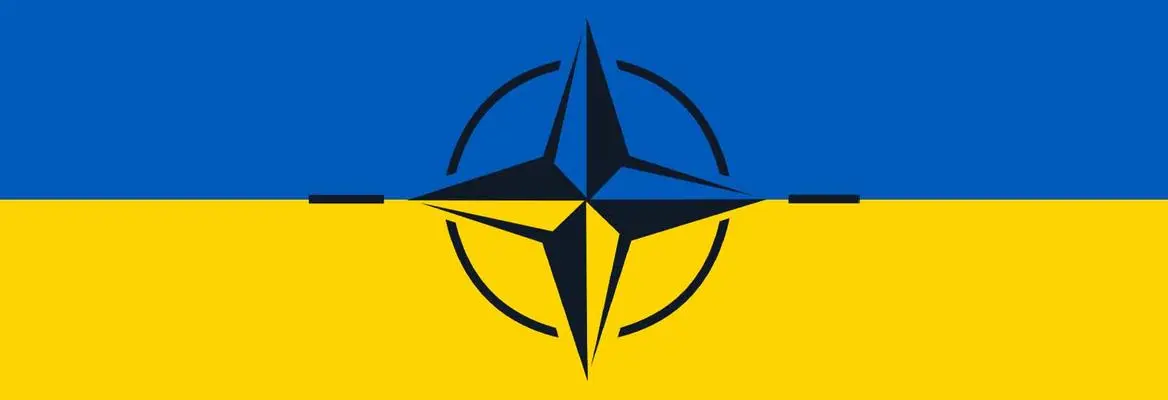The response of the intellectual left to Russia’s war against Ukraine has largely involved blaming NATO, an aversion to any kind of military involvement, and generic calls to pacifism. But understanding this war involves recognizing some realities that the intellectual left finds uncomfortable: NATO is not the aggressor, Russia is; Ukrainians are driven by a form of nationalism; and there is no meaningful sense of national sovereignty independent of powerful guarantors. Even if this will mean a new form of dependence for Ukraine, and even though these institutions come with their own imperial past, only the EU and NATO can guarantee its sovereignty against Russia's imperialistic advances, argues Étienne Balibar.
Here we are in the ninth month of the war triggered by the Russian invasion. In this article, I will try to put in order some of my reflections on the situation in Ukraine and its planetary extensions [1]. I will formulate hypotheses and pose questions, but I have no absolute certainty as to how to answer them. On several points I even wonder if these answers exist without the desire to project ready-made ideological categories onto the reality that besieges us. But this is not a reason, quite the contrary, not to try to articulate what we already knew and what we are learning from day to day, so as to shed light on the stakes and the possibilities of a conflict that concerns us all directly. Facing the war in Ukraine, facing the battle raging around the villages of Donbass, facing the threats that are accumulating in the vicinity, we cannot behave as mere "engaged observers" who are more or less affected by events. It is our future, our "common world," that is at stake and its physiognomy will also depend on our interpretations and our choices. In this sense, all things considered, though we are neither combatants nor the direct victims of the conflict, let us never forget, I would nevertheless say that we are in the war, because it is taking place "at home" [chez nous] and "for us" [pour nous]. We have no choice, alas, as my friend the philosopher Sandro Mezzadra proposes in a beautiful lesson in revolutionary pacifism, to "desert the war" [2]. I do not conclude, however, that we should let ourselves be "mobilized" and carried away by it in an unreflective way. The margin of choice is very frail, but should we decide in advance that it is non-existent?
___
We never tire of repeating the "formula" of Clausewitz's Vom Krieg: "war is the simple continuation of politics by other means." Would it not be just as relevant to ask ourselves, here and now, what politics "continues the war".
___





















Join the conversation